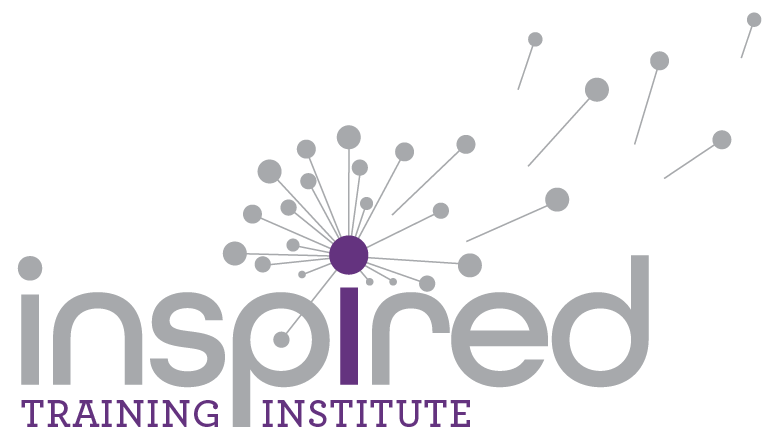Data Points and Your Career Development
Just as our lives ebb and flow, so do our careers. Many of us find ourselves in careers we never imagined as high school or college students. As someone who changed her major four times in college and attended one year of graduate school in a program that wasn’t a fit before finding my sweet spot, I promise you, I never anticipated my future career path to be an executive and career coach! Maybe you can relate.
I often work with clients who find themselves in careers that are misaligned with who they are. Yet, they often can’t name what it is that they want or what would be a fit. They simply know that “this,” whatever “this” is, is not “it.” Are you in a career that is not “it”?
The Value of Career Development
Career development is important for both individuals and organizations. The benefits include:
Personal Growth: Career development allows individuals to learn new skills, acquire knowledge and expertise, and grow both personally and professionally. It provides opportunities for individuals to challenge themselves, set and achieve goals, and gain a sense of purpose and fulfillment.
Professional Advancement: Career development provides individuals with the tools and resources they need to advance in their careers. It enables them to take on new responsibilities, expand their job roles, and move up the ladder in their organizations. Individuals want to learn and grow and providing advancement opportunities is key in retaining top talent.
Job Satisfaction: According to research by Gallup, only 32% of U.S. employees overall were engaged in 2022. When individuals have the opportunity to develop their careers, they are more likely to be satisfied with their jobs. They are able to do work that is meaningful to them, and they feel a sense of accomplishment and pride in their work. Individuals who are satisfied with their jobs are less likely to experience stress, burnout, and other negative health outcomes.
Organizational Benefits: Organizations benefit from career development as well. Employees who are able to develop their skills and knowledge are more productive and engaged, and they are more likely to stay with their organizations. This can lead to lower turnover rates, reduced recruitment costs, and a more skilled and experienced workforce.
Using Data Points for Your Career Growth
When working with clients on career development, I teach about four areas of focus:
Interests
Values
Skills
Personality.
Those four things in combination are a strong predictor of one’s career and work environment fit. When even one of those four areas is misaligned people can feel frustrated or stagnate in their careers. Having a clear understanding of your interests, values, skills, and personality is beneficial in making informed decisions about your potential career paths.
There are a multitude of ways you can gain self-awareness around your interests, values, skills, and personality. There is no one right way to improve your understanding of self as it relates to careers; rather, think of yourself as an investigator, acquiring knowledge (data points) about who you are, what you enjoy, what you value, what makes you great, and your preferences. Once you acquire these data points, you can review them with objectivity to evaluate what fits and what doesn’t fit from your current career, and then brainstorm options about future possibilities.
Evaluating your career is not black and white, of course. Reviewing data points about yourself is simply meant to be a starting point for you. Here are some suggested resources to get you started on expanding your self-awareness and acquiring data points:
Assessments (such as the Myers-Briggs Type Indicator® or CliftonStrengths)
Conferences related to your current or potential career
LinkedIn Learning
Mentors
Friends/family
As a career coach I would be remiss if I didn’t advocate for the value of utilizing a coach in your career development. One of the greatest values a career coach can provide is an objective perspective on your career goals, strengths, weaknesses, and challenges. In addition, a career coach can provide valuable guidance with goal setting, assessing skills and competencies, exploring career options, and providing emotional support and encouragement.
If we can assist you in gathering career data points or in further developing your career, we’re here to help! Check out our career coaching resources or schedule an introductory call to learn more about ways we can support your career development.


